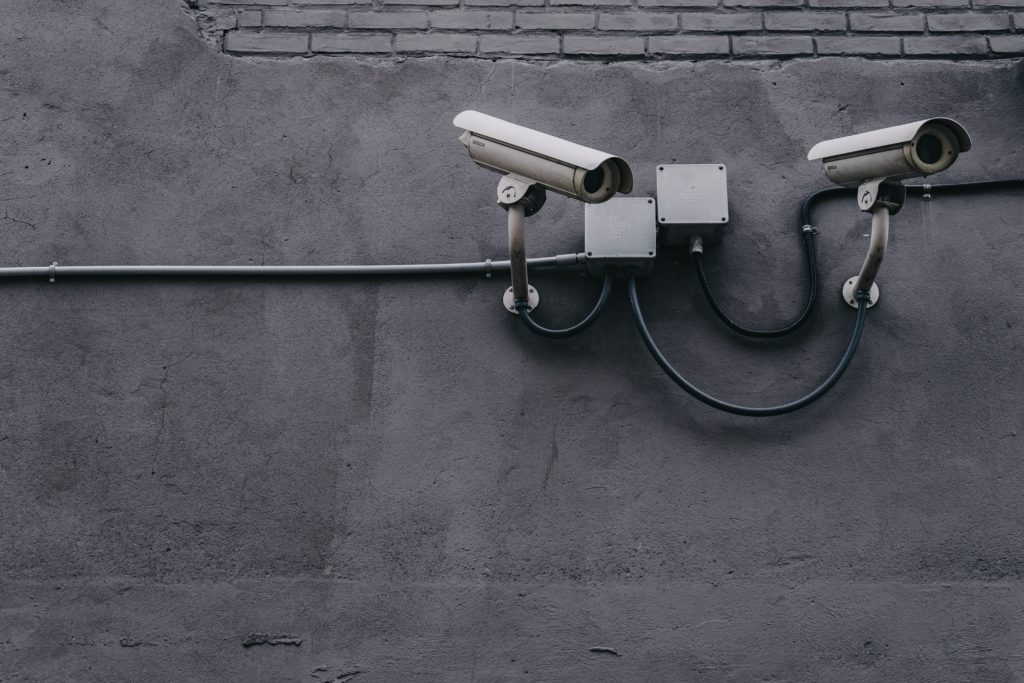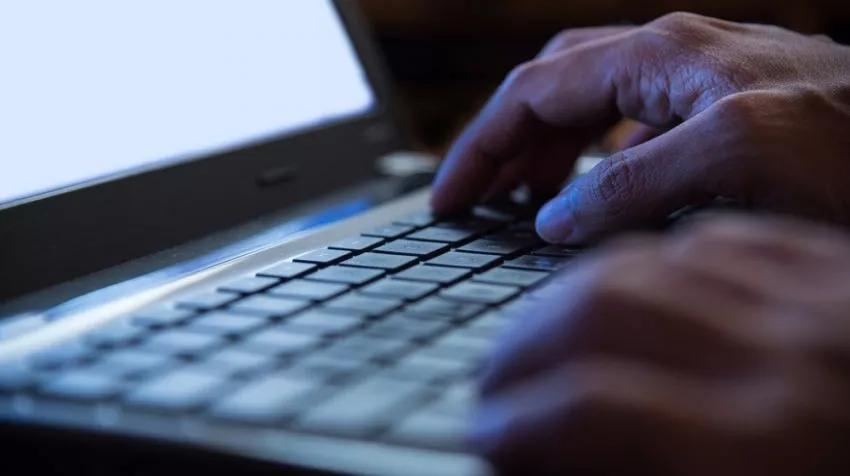How and When Can Invasion of Privacy Occur?
Users’ personal information has always been valuable. Of course, you might immediately think about social security codes and home addresses. Such details have always been incredibly confidential.
However, the digital world exposes much more, and some of that information can even seem harmless. For instance, online entities know who you contact daily via messaging apps. Also, they know your favorite hangouts and websites. Surprisingly, such data is also an asset.
So, what dangers do users encounter when going online? How can their information be threatened? Let’s dig deeper into this issue.
How Do You Define Invasion of Privacy?
Invasion of privacy is defined as unauthorized access to someone’s private space or information by an individual or a business. Even though the malicious entity doesn’t put that access to use, it still legally counts as a privacy invasion. It can be through physical or digital means.
Are There Multiple Types of Privacy Invasions?
The short answer is yes. Just because someone doesn’t have access to your bank account doesn’t mean they can’t violate your privacy. In some of these cases, even big businesses, especially tech giants, are perpetrators. Facebook is a noteworthy example. In 2019, the company settled a lawsuit for $5 billion amid privacy concerns.
According to security experts, invasion of privacy can occur in the following ways.
Publishing false or misleading facts
It is also known as a false light claim. It involves publishing something about an individual or organization that may not be true but harm their public reputation.
It can also involve information that may not be technically false but displayed in a way that paints a bad image (false light) over an individual.
Trespassing someone’s private space
Your private space includes both physical and digital property. Although, as per US law, there is a clear-cut definition of what counts as this form of privacy invasion. If someone photographs you in public, that is not a violation. However, it is a privacy invasion if someone does that when you’re at your home without your consent.
The law becomes quite vague in the workplace. Your employer can deem your workplace private or public, depending on your contract. Moreover, they can include a clause where any recording on their end won’t count as a violation of privacy, but something that you do indeed will.
Inappropriately using a person’s name
This type of invasion of privacy usually occurs with celebrities. Utilizing someone’s initials or photoshopping a famous person’s face are included in this violation.
The law also applies this violation to cases where someone falsely claims to be an individual’s friend or family member. It is why your medical and criminal records are only presented to the people who prove to be your next of kin.
Leaking private information
Popularly known as doxxing, this involves publishing someone’s private information on a public platform or a forum without their consent. It must be weighed against the First Amendment (freedom of speech) before it can be considered a violation of privacy. A party is only liable for compensation if leaked information was not of public concern and inoffensive to a rational person.
Someone leaking the private information of a politician engaged in criminal acts is not a violation of privacy since it favors the public. On the other hand, revealing a person’s private information just because they said something you disagreed with is an invasion of privacy.
How Can You Protect Yourself from Invasions of Privacy?
There are several methods that you can use to secure your privacy. Some of the most effective ones are:
Don’t post sensitive data online
It would help to keep your private life as restrictive as possible online, no matter how many people follow you. Try not to mention your real name on social media and post your vacation photos a few days after you return. Many personal details should be left out of social media networks, like images of your house keys.
Participate in the formulation of legislation
Your local representatives won’t call for stricter privacy laws unless you force them to. Try to attend your local town hall meetings and present to them some hard evidence.
Backup your sensitive data
Keep your private data away from internet-accessible digital devices, such as banking information or passwords. Try making a dead drop or store them on an encrypted pen drive. Having copies of confidential files is also recommended in case the original files get corrupted. For instance, ransomware can encrypt data and demand ransoms for its decryption.
Secure your internet browsing
Always go through the cookies and privacy settings on your phone and the websites you visit. Download VPN apps and enable their protection whenever you exchange confidential information on an unsecured connection. It means that no snoopers, be they data brokers or network managers, will be unable to collect as much information about your actions.
Conclusion
Even with the measures in place, privacy protection is of enormous concern to many of the population. In a post-pandemic age, where everything is rapidly going digital, it would be nice to have some firmer laws to protect an individual’s online privacy. Till then, the measures they take on their own would have to make do.
This article has been published in accordance with Socialnomics’ disclosure policy.











